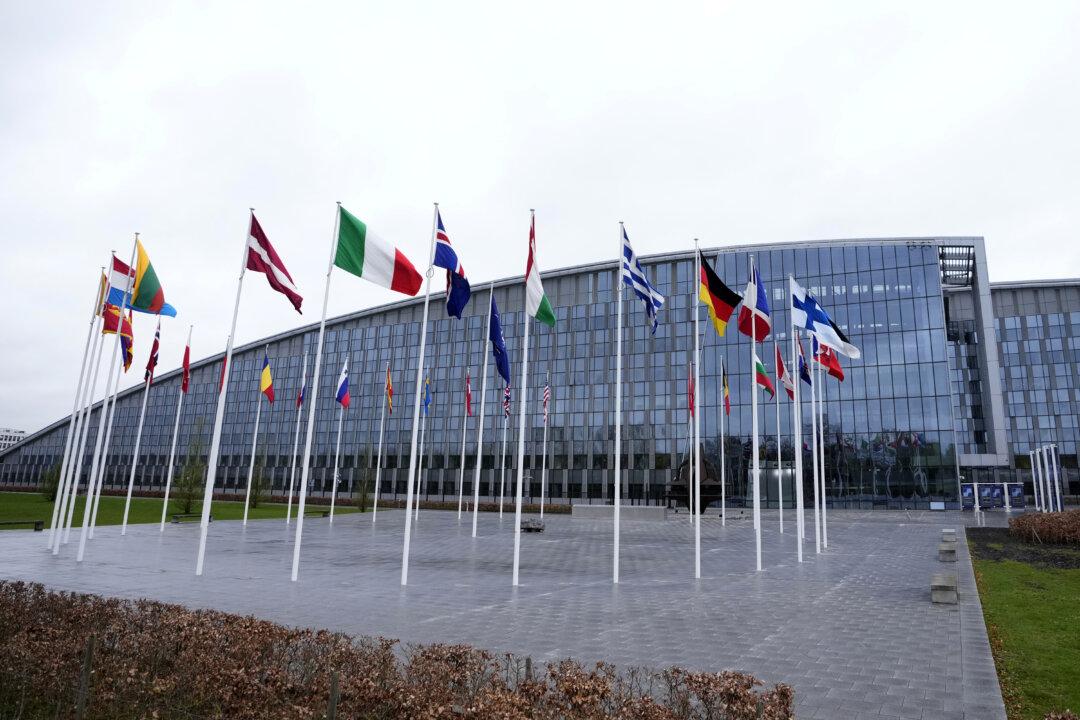Commentary
Prime Minister Justin Trudeau will face pressure about Canada’s defence spending as he attends the upcoming North Atlantic Treaty Organization (NATO) summit in Washington.

Prime Minister Justin Trudeau will face pressure about Canada’s defence spending as he attends the upcoming North Atlantic Treaty Organization (NATO) summit in Washington.